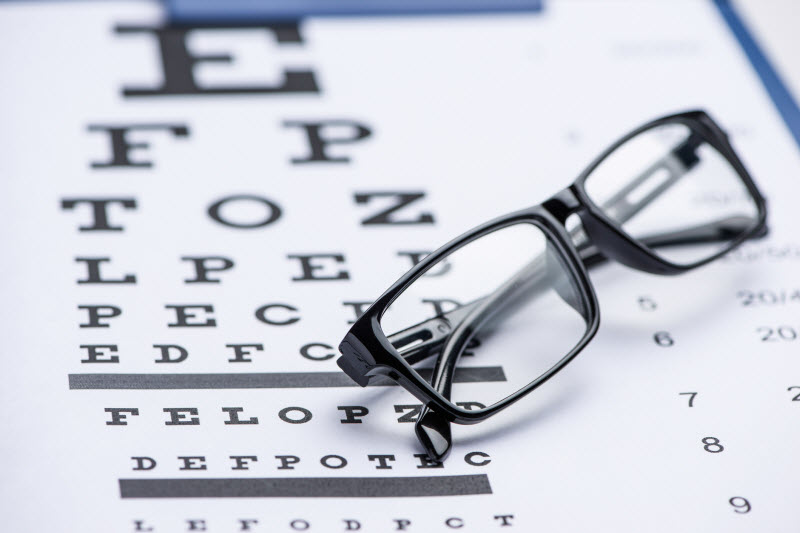Diabetes can devastate your health. So, you want to stop the disease before it can get started.
November is Diabetes Awareness Month, a reminder to watch for early indicators of diabetes that might require a visit to your doctor.
Early Signs of Diabetes
“Your body sends you warning signs in the form of symptoms,” says Timika Chambers, a registered nurse, certified diabetes educator and spokesperson for the American Association of Diabetes Educators.
“Any unusual or consistent symptoms must be addressed by your health care provider,” she adds.
Symptoms of Type 1 diabetes can develop quickly -- sometimes in a matter of weeks, according to the National Institute of Diabetes and Digestive and Kidney Diseases.
By contrast, symptoms of Type 2 diabetes can be tougher to spot, and often evolve slowly over years.
For this reason, many people are not aware they have Type 2 diabetes until they have more serious health problems, such as heart issues.
Still, it is important to be on the lookout for early warning symptoms that might indicate you have diabetes. They include:
1. Increased thirst and urination
As excess sugar builds up in your system, your kidneys try to get rid of it, causing you to urinate more frequently. As you do so, the body can become dehydrated – leading to thirst.
“Not being able to quench your thirst and going to the bathroom frequently could be your body's way of getting your attention that something is not quite right,” Chambers says.
She adds that if you urinate two or more times within an hour, more than eight times during a day, or more than twice during at night, it might be a reason for concern.
That is especially true if you have not changed your intake of water, caffeine, tea or other fluids.
2. Sweet-smelling breath
If your breath smells sweet or “fruity,” it could be evidence that your body is producing high levels of blood acids known as ketones. This occurs when the body cannot produce enough insulin.
3. Sores that do not heal
When your blood sugar levels are high, it can hamper blood flow and cause nerve damage. That makes the healing process more difficult.
4. Increased hunger
People with emerging diabetes may find it difficult to pull sufficient energy from the foods they eat. As a result, their hunger levels may rise.
Increased hunger is known as “polyphagia.” Chambers says that frequent hunger, frequent thirst (polydipsia) and frequent urination (polyuria) are “known as the 3 Ps.”
5. Blurred vision
As blood sugar levels spike, it can negatively impact tiny blood vessels in the eyes. As fluid seeps into the lens of the eye, vision turns blurry. Over time, this can lead to blindness.
6. Dark skin patches
An excess of insulin in the blood can cause a discoloration of the skin, particularly in the folds of the folds of the armpits, neck and groin. As part of this condition -- known as acanthosis nigricans -- skin also typically becomes thickened.
When to see your doctor
Chambers says other symptoms that may serve as a warning of diabetes include headaches, palpitations and shakiness. “More severe symptoms include confusion and seizures if the blood sugar gets too low or too high,” she adds.
If you have any of the early symptoms of diabetes, make an appointment with your health care provider and discuss symptoms as soon as possible, Chambers says.
“Keep an ongoing list of symptoms in the form of a journal or tablet and include the date, time and anything surrounding the symptoms -- such as before or after dinner, or after exercising,” she says.
When you call to make an appointment, Chambers says you should explain what is going on and other key details, such as a family history of diabetes. This will help you get in to see your doctor promptly.
Chambers notes that severe complications related to diabetes – including increased risk of blindness, stroke, heart disease and kidney disease – can impact the body “from head to toe.”
“The sooner the intervention, the sooner you can start warding off or avoiding complications associated with diabetes,” she says.
If you are diagnosed with diabetes, know that diabetes education can help you better manage the disease. Stop by the American Association of Diabetes Educators website for more details.




